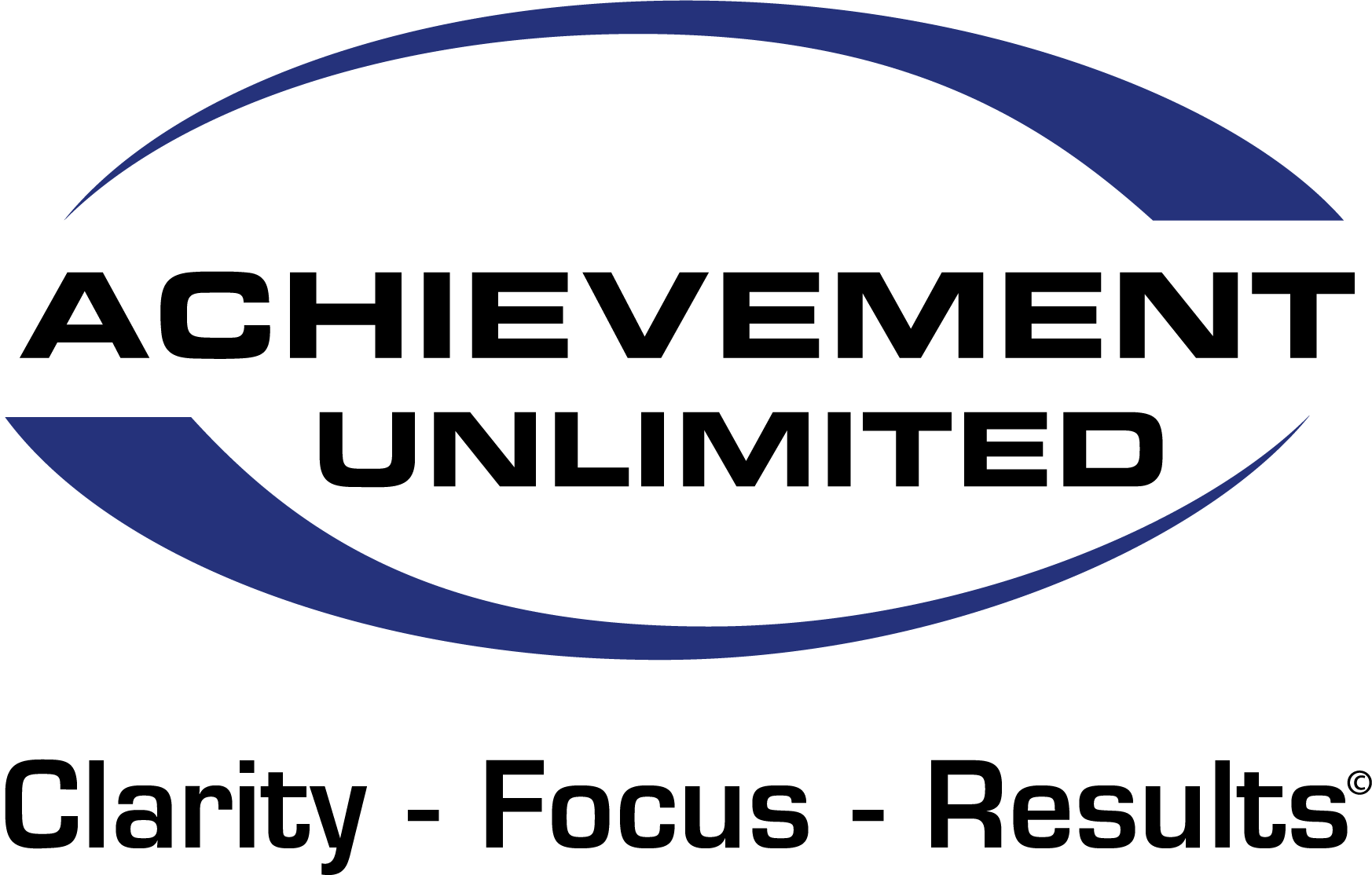Unlocking Success: Embracing High Payoff Activities for Optimal Results

High payoff activities, often referred to as HPAs, are the critical tasks that generate the most significant results and contribute directly to our goals and objectives. These activities differ from the countless trivial and time-consuming tasks that can consume our days if we allow them to. By prioritizing and dedicating our attention to HPAs, we maximize our productivity, effectiveness, and overall success.
One of the first steps in embracing high payoff activities is to clearly define our goals and objectives. This provides us with a roadmap to guide our decision-making process and helps us identify the tasks that will have the most significant impact on achieving those goals. It’s essential to regularly review and reassess our goals to ensure they remain relevant and aligned with our evolving aspirations.
Next, we must learn to distinguish between urgent and important tasks. Urgent tasks demand immediate attention, but they may not necessarily contribute to our long-term success. On the other hand, important tasks align with our goals and have a lasting impact. Focusing on the important tasks rather than constantly firefighting urgent matters allows us to invest our time and energy wisely.
Delegation and automation are powerful tools when it comes to optimizing our focus on high payoff activities. By delegating tasks that don’t require our unique skills or expertise, we free up valuable time to concentrate on activities that truly matter. Similarly, automating repetitive or mundane tasks eliminates time-consuming inefficiencies, enabling us to redirect our efforts towards more strategic endeavors.
Another crucial aspect of embracing high payoff activities is minimizing distractions. The digital age has presented us with an unprecedented amount of distractions, from social media notifications to never-ending email inboxes. Implementing strategies like time blocking, setting boundaries, and practicing mindfulness can help us create focused and uninterrupted periods to tackle our HPAs.
In conclusion, mastering the art of focusing on high payoff activities is a game-changer in today’s fast-paced world. By prioritizing tasks that directly contribute to our goals, we can increase our productivity, efficiency, and overall success. Remember, success is not just about working hard; it’s about working smart. Embrace the power of high payoff activities, and watch as you unlock your full potential.






Recent Comments